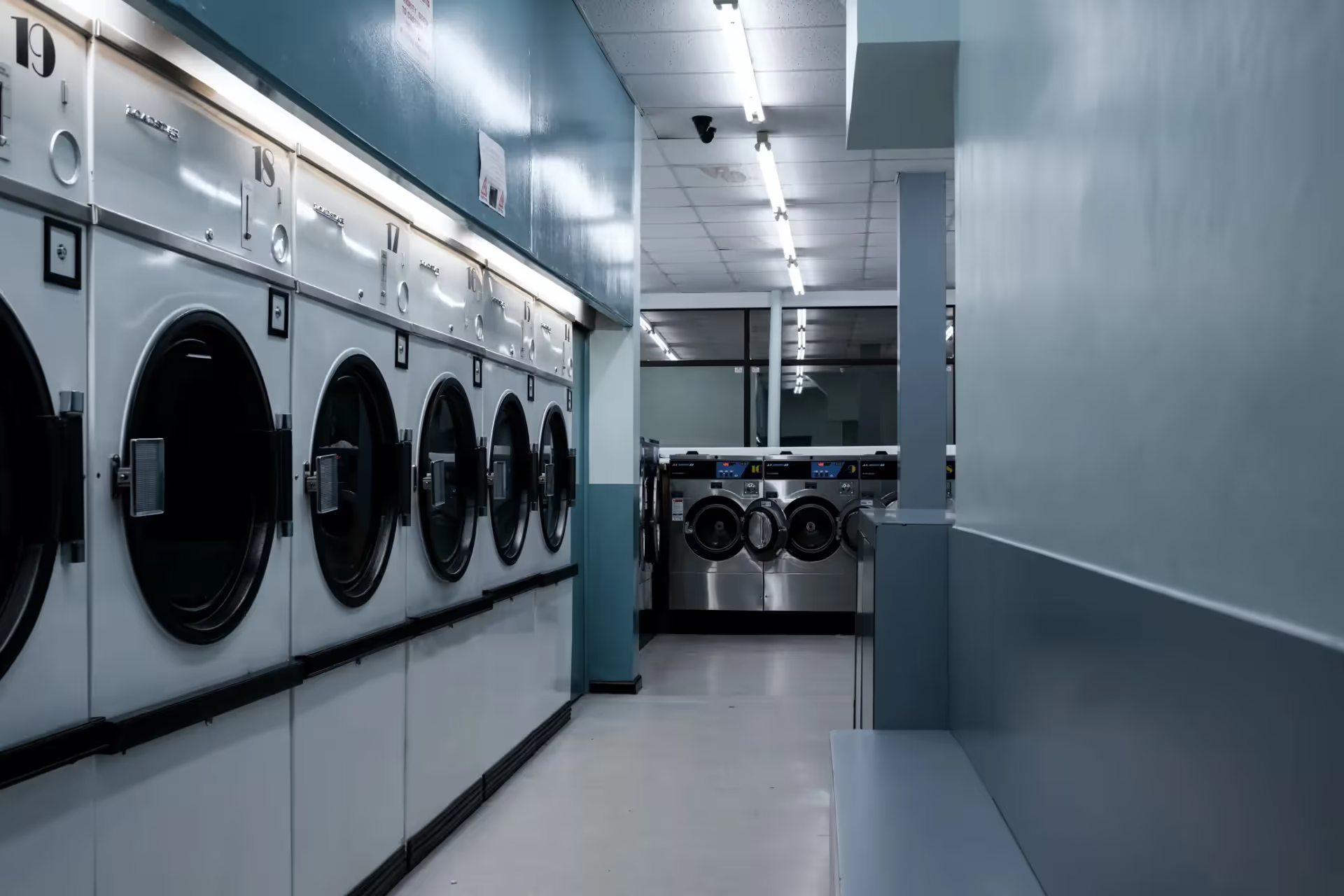In a world where 46% of consumers are looking to brands to take the lead on creating sustainable change, highlighting the increasing demand for companies to prioritise sustainability efforts, greenwashing has emerged as a deceptive tactic used by some businesses to appear more eco-friendly than they truly are. With the European Union introducing stringent regulations to combat greenwashing, companies now face potential penalties of up to 4% of their annual revenue for making misleading environmental claims.
From the EU's Green Directive Claims to France's adoption of the “Climate and Resiliance law", the fight against greenwashing is gaining momentum. However, with gaps in legislation and an absence of standardised methods for calculating environmental footprints, there is still a lot of work to be done. In the meantime, businesses must proactively review and substantiate their environmental claims, implement standardised environmental labels, and invest in employee training. Moreover, they must implement rigorous carbon accounting to avoid legal consequences, and competitive disadvantages associated with greenwashing.
In this article, we delve into the complex world of greenwashing regulations and their impact on businesses, shedding light on the steps companies must take to ensure compliance and maintain consumer trust in an era of increasing environmental consciousness.
What is greenwashing?
For businesses, it's important to have a clear understanding of what greenwashing means. Greenwashing is a deceptive tactic used by companies to mislead consumers into thinking that their environmental efforts are more significant than they actually are. This misrepresentation is not only misleading but can also harm a company's reputation, damage customer trust, and ultimately hinder progress towards a sustainable future.
Greenwashing is an attempt to make people believe that your company is doing more to protect the environment than it is.
In simple terms, greenwashing is the practice of making false or exaggerated environmental claims that do not align with the company's actual practices or values. By avoiding greenwashing and committing to genuine sustainability efforts, businesses can build trust with consumers and contribute to a more environmentally conscious future.
What to know about greenwashing regulations in the European Union
In response to growing concerns about greenwashing, the EU has introduced regulations designed to curb these deceptive practices and ensure that businesses communicate their environmental performance accurately.
The European Commission recognises greenwashing as an increasing issue, as it impeaches real climate action and leads to a less sustainable economy. To undertake this challenge, the European Green Deal states, “companies making ‘green claims’ should substantiate these against a standard methodology to assess their impact on the environment”. However, this specific statement does not clearly define what is meant by “green claims” and refers mainly to companies’ goods and activities. To tackle greenwashing, we must agree on a common definition and make it mandatory for companies to support their claims with scientific evidence.
The European Commission has proposed the Green Claims Directive to combat greenwashing and promote transparency. The regulation establishes clear guidelines for companies to follow when making green claims, including substantiation requirements, prohibitions on misleading claims, and the use of standardised environmental labels. The regulation applies to all products and services marketed in the EU, regardless of the company's origin, and failure to comply can result in fines, sanctions, and product recalls.
Under the proposed Green Claims Directive, companies must have any covered green claims independently verified and supported with scientific evidence before communicating them. The verification process will be established and overseen by independent bodies under the control of EU member states. This applies not only to companies based in the EU but also to those outside the bloc that target EU consumers with green claims. The directive also includes measures to prevent unsubstantiated environmental claims and penalties for companies that engage in greenwashing. Small and medium-sized enterprises will receive help with compliance, and enforcement provisions are included.
On the other hand, the 2020 Circular Economy action plan commits that “the EU Commission will also propose that companies substantiate their environmental claims using Product and Organisation Environmental Footprint methods.” Once again, this proposal is not a ratified or implemented regulation, meaning that it is not voted on yet and is not enforceable. Also, as long as there is no agreed framework method for calculating environmental footprint, this will be a rocky road.
Greenwashing regulations in france: strengthening the legal framework
France is in the process of adopting the recommendations of a civic assembly named "La Loi Climat," which includes measures to combat greenwashing. Article 4 of the climate law makes "greenwashing" a deceptive commercial practice with reinforced sanctions. French consumers will benefit from among the highest levels of transparency globally with the mandatory display of the Eco-score on advertisements and products. The amount of the fine incurred for greenwashing can reach 80% of the cost of the promotional campaign, and the penalty must be advertised. However, it will be necessary to scrupulously verify this misleading communication.
The 2021 Climate and Resilience Act in France has strengthened the legal framework against greenwashing and introduced new provisions in the French Environment Code. The Act prohibits any advertising related to fossil fuels and new cars with set levels of carbon dioxide emissions from 2028. In addition, any claim related to carbon neutrality or similar claims, such as "climate-neutral" or "emission-free," must be supported by the advertiser's carbon footprint assessment over the entire life cycle of the product or service. These assessments must be made easily available to the public, along with the measures implemented to primarily avoid, reduce, and compensate for greenhouse gas emissions. Specific standards for conducting such assessments and disclosure requirements have been set as of 1 January 2023.
Where does the legislation fall short today?
A study commissioned by the European Commission in 2020 found that over half (53%) of green claims made by companies on their products and services were vague, misleading, or unfounded. Additionally, 40% of these claims were unsubstantiated, lacking evidence to support their environmental impact claims. Common phrases like "eco-friendly," "ethical," or "sustainable" were flagged as particularly problematic. These findings highlight the need for clear and consistent environmental labelling standards.
Currently, there are around 230 different environmental labels used in the European Union, leading to confusion and distrust among consumers. To address this, regulators are working to establish more rigorous and standardized regulations to curb greenwashing practices and ensure companies are held accountable for their environmental claims.
While the EU's "Green Claims Directive" is a positive step towards greater transparency in environmental claims, it falls short in some areas. Advocacy groups have pointed out that the directive does not cover terms like "carbon neutrality," which companies use to promote their products as environmentally friendly without taking meaningful steps towards sustainability. This means consumers may still be misled by companies using greenwashing tactics.
Lindsay Otis, a policy expert on global carbon markets at Carbon Market Watch, believes the EU's failure to address this issue is a missed opportunity to hold corporations accountable for their environmental impact. The Commission acknowledges the problems created by greenwashing, but it does not go far enough to address them. Otis believes that the European Parliament and Council must enact stronger regulations that ban carbon neutrality claims, or else companies will continue to mislead consumers, hurting their trust and progress towards sustainable practices.
In summary, the EU's green claims directive is a positive step towards greater transparency, but it does not cover all tactics used by companies to deceive consumers. A stronger, more comprehensive regulatory framework is necessary to combat greenwashing and encourage businesses to adopt genuinely sustainable practices.
How will it impact companies?
The tightening of greenwashing regulations worldwide has significant implications for businesses. These include:
- Reputational damage: Companies found to be engaging in greenwashing can suffer severe reputational harm, resulting in a loss of consumer trust and potentially impacting their bottom line.
- Legal consequences: Non-compliance with greenwashing regulations can lead to legal actions, resulting in fines, penalties, or even the suspension of business operations in some cases.
- Increased compliance costs: To ensure adherence to greenwashing regulations, companies may need to invest in additional resources, such as hiring legal and sustainability experts or conducting third-party audits of their environmental claims.
- Competitive disadvantage: Companies that fail to comply with greenwashing regulations may find themselves at a competitive disadvantage, as consumers increasingly prioritise environmentally responsible products and services.
How can companies act on greenwashing and comply with regulations?
To comply with the EU's greenwashing regulations and avoid misleading consumers, companies should take the following steps:
- Review and audit all marketing materials and environmental claims: Businesses should conduct a thorough review of their marketing materials and environmental claims to ensure they align with the regulations. This may involve consulting with legal and sustainability experts to identify potential areas of concern.
- Substantiate environmental claims: Companies must provide evidence to support their environmental claims, using credible and verifiable sources. This may include scientific studies, third-party certifications, or government data. Companies should be prepared to disclose this information if required by the regulations.
- Rigorous carbon accounting: To prove one’s environmental impact, you will have to back it up with data. Companies must diverge from industry averages when calculating the footprint of a product or service. It is important to leverage primary activity data with already existing proof, for example, your scope 1 and 2 can be easily tracked through energy invoices, bills and such. Then, the golden share still is represented from scope 3 emissions, but it is important for companies to start backing up their claims with proof and data.
- Implement standardised environmental labels: The EU Commission promotes using standardised environmental labels, such as the EU Ecolabel, to provide consumers with reliable information about a product's environmental performance. Companies should consider adopting these labels where applicable to demonstrate compliance with the regulations.
- Train employees on greenwashing and regulations: Companies should provide training to their employees on greenwashing to ensure that all relevant personnel understand the implications of these regulations and can identify potential compliance issues.
- Continuously monitor and update marketing materials: Businesses should regularly review and update their marketing materials and environmental claims to ensure ongoing compliance with regulations. This may involve keeping abreast of new developments in sustainability research, as well as changes to the regulatory environment.

Book a demo with Plan A for assistance in developing a sustainability strategy that adheres to regulations and helps your business thrive in the era of increasing environmental consciousness.




.jpg)



